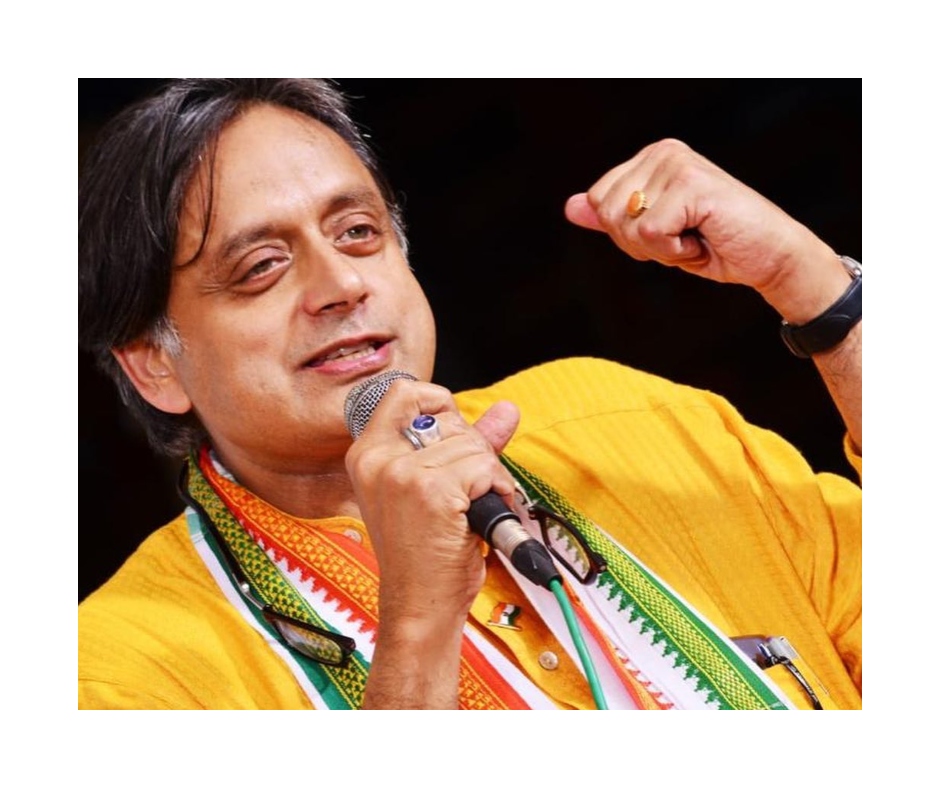
"Wit: a natural aptitude for using words and ideas in a quick and inventive way to create humour"īelloc is the author of the Cautionary Tales. "Wit: the capacity for inventive thought and quick understanding keen intelligence" Wonderful Wonderful WonderfulWonderfulWonderfulWonderfulWonderfulWonderfulWonderfulWonderfulWonderful etcīut wait, what's this! I read that one or two reviewers feel that 'The Four Men' is "a bit like Chesterton, but without the wit".


So far, less wanking in Belloc than in Houellebecq. There are some wonderfully human moments tucked in this farrago, though, and Belloc proves to be adept at the sentence level – one of my favorites was: “When I woke it was to the raw world and the sad uncertain beginnings of a little winter day” (156).
Farrago in a sentence full#
The book is full of obscure folk tales and songs (with the inclusion of actual musical scores). As you read it, you’re well aware that scores of provincial references, jokes, and adages are being lost on you. Reading it today, the book admittedly feels anachronistic and somewhat opaque. Belloc succeeds in his goal of writing a sort of tribute to the culture of rural, pastoral England which he saw disappearing in the early 1900s with the onset of globalization and impending World War. Loosely, “The Four Men” is a story about four men (shocker) who meet by happenstance and decide to journey together through rural England back to their native Sussex County in the autumn of 1902. One of those authors is Hilaire Belloc (albeit very briefly). When I read Hemingway’s beautiful, evocative “A Moveable Feast,” I made a point to note all of the authors Hemingway bumps elbows with in 1920s Paris, hoping to sample some of their work.


 0 kommentar(er)
0 kommentar(er)
